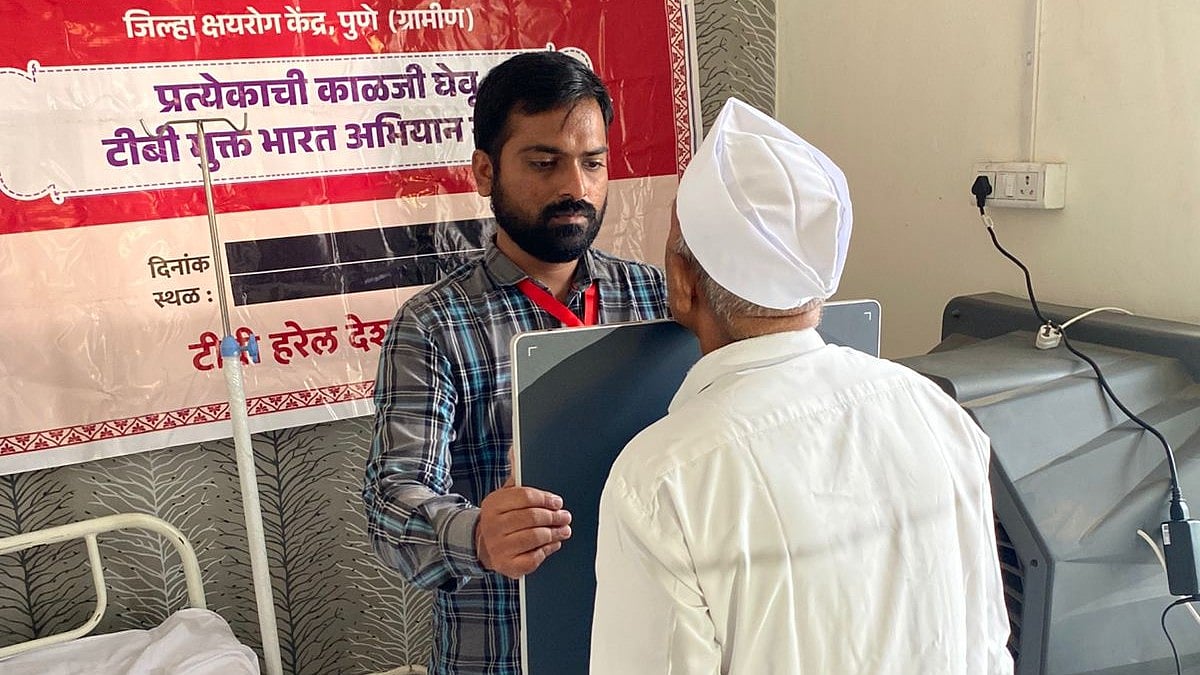As Pune is celebrating Navratri, a festival which is not just about lights, music, and devotion but also about stories, faith, and the little traditions that keep hope alive. Amid the grand celebrations at Chaturshringi and the decorated shrines across the city, there is a quieter but equally powerful presence in Shukrawar Peth, the Piwali Jogeshwari Temple.
This 300-year-old shrine doesn’t have vast courtyards or towering gopurams. Instead, this temple is known for the faith that young men and women whose marriages have been delayed have come here with folded hands, carrying yellow rice, and eyes full of hope.
The story goes that if you offer yellow rice to the goddess and place nine small earthen pots before her idol, she clears the path for your marriage. Devotees don’t see it as superstition; they see it as faith, the kind that gives courage when everything else seems uncertain.
Trustee Dinesh Kulkarni smiles as he shares, “Every Navratri, the temple comes alive with prayers. We organise nine days of rituals and cultural programs. What makes this place special is the hope people bring with them. They leave with a lighter heart, believing the goddess has heard them.”
Inside the sanctum, the eight-armed form of Jogeshwari sits gracefully. Beside her, Lord Ganesha and another symbolic form of the goddess, shaped in rice, watch over the devotees. Each day of Navratri, she is adorned on a new mount: a peacock, an elephant, a lion, even Nandi, as if reminding her children that she can take many forms to protect and bless.
And why the name Piwali Jogeshwari? No one knows for certain, but there is a tender belief: when devotees bow before her, it is as if she touches them with turmeric, the sacred yellow that marks marriage and prosperity. That invisible blessing, people say, is what ties the knots of destiny.
Though privately maintained by the Mahajan family, the temple opens its doors to everyone during Navratri. And as the city beats with dhols and lights outside, inside this temple, what you hear are quieter sounds: whispered prayers, promises made in silence, and the hope that the goddess will answer in her own time.











